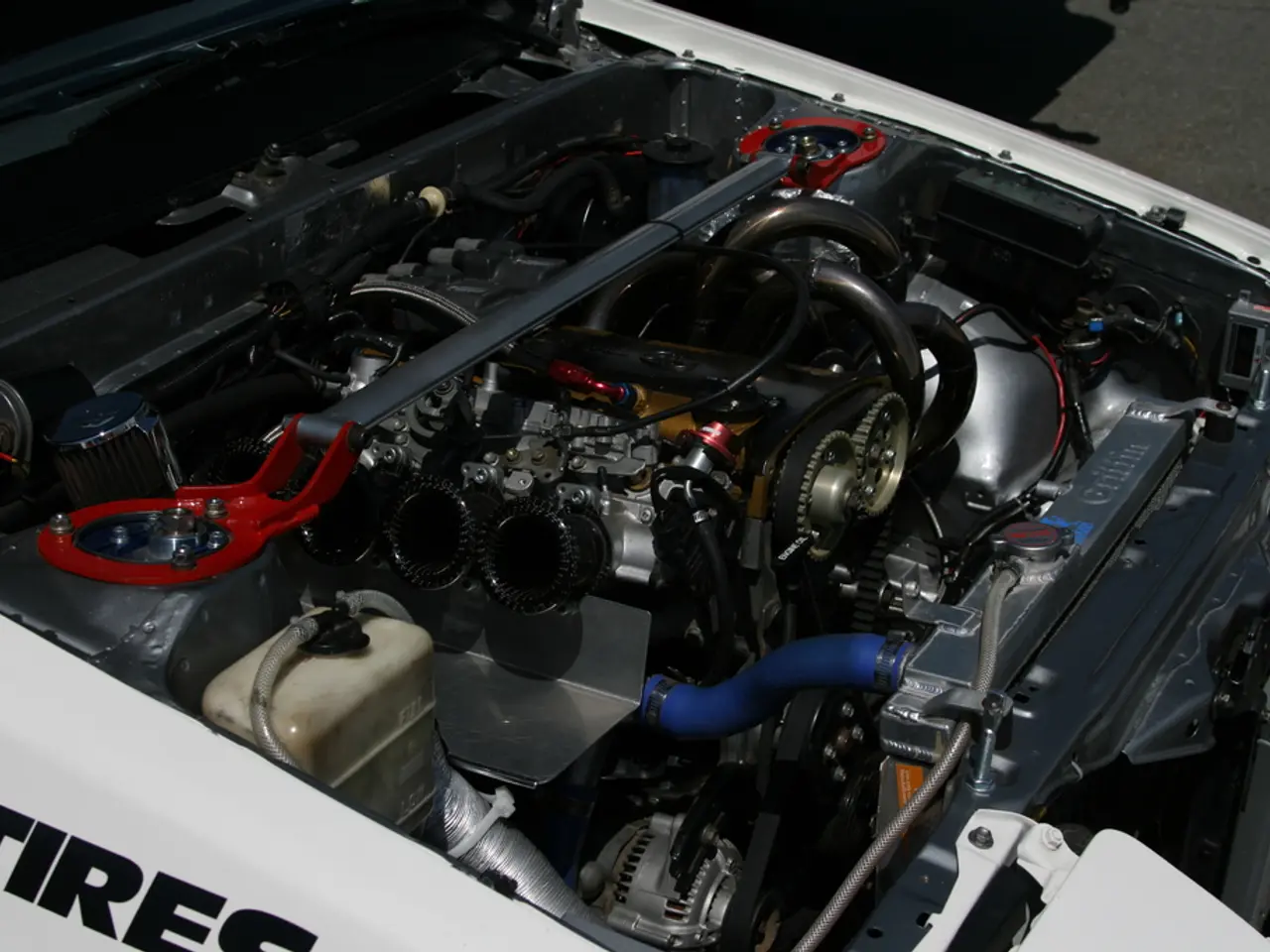Sporty driving behavior may not safeguard your vehicle's battery from depletion
In a groundbreaking study published in Nature Energy last December, AVILOO, a leading provider of battery diagnostics, compared two types of battery stress tests: constant current cycling and dynamic cycling. The study, titled "Dynamic Cycling Enhances Battery Lifetime," shed light on the real-world impact of driving behaviour on electric vehicle (EV) batteries.
The study involved 402 vehicles of the same brand and battery type, and the findings were eye-opening. Contrary to popular belief, sporty or aggressive driving significantly reduces the lifespan and efficiency of EV batteries compared to moderate driving behaviour.
Aggressive driving, characterized by fast acceleration and higher battery stress, accelerates battery degradation rather than preserving or extending battery life. This is due to the increased thermal and electrical loads on the battery cells during rapid acceleration and deceleration.
Moderate driving, on the other hand, which avoids rapid acceleration and harsh braking, helps maintain battery health longer by reducing strain and thermal buildup in the battery. This aligns with broader EV battery care guidance recommending maintaining a smooth, steady driving style to optimize battery life and overall vehicle efficiency.
In the field study, moderate driving behaviour resulted in 16-18 kWh/100 km energy consumption, while sporty driving nearly doubled the energy consumption to nearly 30 kWh/100 km. SUV category vehicles had an additional energy consumption of up to 9 kWh/100 km.
The study also clarified that laboratory tests using constant current tend to overestimate battery aging. In real-world conditions, EV batteries experience more dynamic current flows than in laboratory tests.
To reduce energy consumption and charging cycles, EV drivers should adopt smooth, anticipatory, and energy-efficient driving styles. Preconditioning should only be done when the vehicle is plugged in, optimizing for both summer and winter temperatures. Temperature management is crucial: avoid parking in extremely high or low temperatures.
The study does not imply that sporty driving protects the battery; it only suggests that laboratory testing methods tend to overestimate real-world battery aging. Fast charging should only be used when necessary. Moderate driving behaviour reduces energy consumption by 10% over the battery's lifecycle.
In conclusion, adopting a moderate driving style can significantly extend the lifespan and efficiency of EV batteries, making it a wise choice for EV drivers who want to maximize their vehicle's battery lifespan and performance.
In light of the study, technology employed in electric vehicles (EVs) relating to battery diagnostics may benefit from incorporating real-world driving conditions, as sporty driving, notably characterized by fast acceleration and higher battery stress, reduces both the lifespan and efficiency of EV batteries more than moderate driving behavior. This technology advancement in EV finance, aimed at optimizing battery life and overall vehicle efficiency, could align with broader guidance for maintaining battery health.
As a result of the study, it is recommended that drivers use preconditioning only when the vehicle is plugged in, optimizing for both summer and winter temperatures, and adopt smooth, anticipatory, and energy-efficient driving styles to minimize energy consumption and charging cycles. This technique, when combined with managed temperature control and reduced use of fast charging, can help extend the lifespan and performance of EV batteries, particularly through moderate driving behavior.




